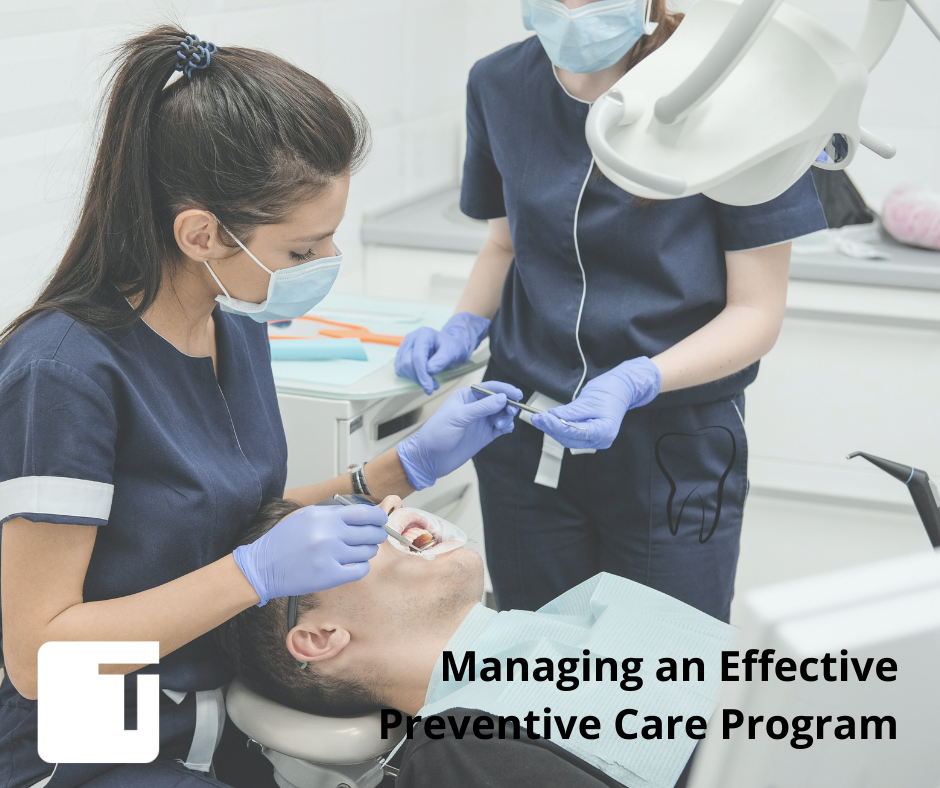Originally published in 2008
If you believe the hygiene department is the backbone of every dental practice, you will understand my passion for assisting client practices in developing a solid preventive care program. It is not uncommon for a practice to have over 200 “floating recall” patients per month in the central files, not appointed. This primarily happens when the practice has a faltering preventive care program.
There are three types of continuous care systems in dentistry. One allows patients to leave un-appointed, then sends a card in several months that states “When you receive this card, call our office to make your next appointment.” Patients on this system postpone or forget the appointment if they are busy or don’t have a particular dental problem.
The second system is the call, call, and re-call system. Not only is this expensive because of the many hours someone must spend on the telephone trying to track down very mobile people, it makes the practice sound and look desperate, as it tries to get patients back into the preventive care program. Talk about a high burnout job!
The third and preferred system is to have patients pre-appoint for their next preventive care appointments while they are still in the office. Nine out of ten patients will do so, and by asking them, they know how much we value their return visits as we make reservations so far in advance. When commitment is shown by the practice, the patients in the practice show commitment.
Some dentists view the hygiene patient examination as a necessary interruption; other dentists value the hygiene patients, realizing that bread and butter care creates the opportunity to do operative and esthetic dentistry. These smart dentists also know the healthier the hygiene department, the healthier the entire practice. They also value the contribution the hygienist makes to the practice. Because the leader in these practices value and respect the hygienist, the support staff and patients follow suit.
On a scale of 1-10, what is your dentist’s attitude toward the hygiene department’s effectiveness? The dentist’s attitude toward the hygiene appointment, toward hygienists personally, and toward the hygiene department determines the success of the entire practice. Younger dentists have often said, “Why should I pay a hygienist to do what I can do myself, since I’m not that busy yet?” The best thing a young dentist can do is hire a part-time hygienist, even for one day per week, and gradually add more days as the practice develops. What young dentists fail to realize is that if they spend only 25%of each day doing hygiene, they are losing money by NOT having a hygienist perform those duties while they do operative dentistry.
Some basic rules prevail in the pre-appointed hygiene system:
- The dentist and hygienist must select their vacation days in advance (a small price to pay for doubling the effectiveness of the hygiene department).
- The practice must leave flextime in the pre-appointed hygiene schedule for new patient prophys, scaling, and root planing. I recommend one opening per day that is filled 48 hours in advance, and one day per month, which gives the hygienist 12 flex days per year. These dates are filled three weeks prior to the open space for the ten percent who did not pre-appoint, quad scales, and new patient prophys.
- Pre-appointed patients must have a positively worded pre-confirmation card mailed out two to three weeks in advance of the appointment, not just called the day before. The postcard should state:
- Dear _________,
- This is to verify the appointment you made with our hygienist (practice) for your preventive care appointment and complete oral health examination. This time has been reserved just for you. We trust no change in the appointment will be necessary. We look forward to seeing you (date) and (time).
- When the hygienist is making the patient’s next appointment (s) he should not say, “Would you like to make your next 4-month appointment now?” It’s an open-ended question that should be replaced with this statement, “If this time of day is good for you, I’d like to go ahead and reserve the same time of day, same day of the week, in four months.” If the patient says, “I have no idea what I’m doing in four days, much less four months,” a skillful hygienist will respond with a positive answer, such as, “If you reserve your time now, you will have a choice of appointment times. I leave one opening per day for the ten percent of my patients who cannot pre-appoint for various reasons. If we call you in three and a half months, you may have to take one of those leftover appointments or risk not being able to be seen when you are due.” No one likes “leftovers.”
What are the benefits to the patient to have an effective preventive care system?
- It is practicing unethical dentistry for patients to be subjected to a weak preventive care program or a poor focus on maintenance. It is a shame to see patients spend their time and money to have a healthy and attractive smile, only to fall from the preventive care system and return to poor dental health. (Preventive dentistry is neither expensive nor painful, but emergency care can be.)
- Small dental problems can be detected before they turn into major dental emergencies.
- With the pre-appointed system, the patient knows well in advance and works other scheduling around the hygiene appointment.
What are the benefits to the practice?
- When the hygiene department increases in productivity, the entire practice follows. If hygiene goes up $3000 per month, the total practice increases $8000-$9000 monthly. If hygiene goes up $5000 per month, the total practice increases $13,000-$15,000. If the hygiene department increases $10,000 per month, the total practice increases between $25,000-$30,000, as hygiene is a third of total productivity.
- The patients who have been in the practice before are much more apt to accept needed treatment plans than are new patients, as the trust factor grows stronger with each visit.
- Dental hygiene take-home products, such as electric toothbrushes, rinses, and home care products are much more accepted by patients of record than those recently introduced to the practice. Developing the passive income center of patient products is an important part of modern dentistry. Patients appreciate the convenience of one-stop shopping, and it is a tremendous passive income profit center for the practice.
What are the benefits to the hygiene staff?
- The appointment is made in less than one minute per patient chairside if it’s part of patient education and presented positively as recommended above. It can take up to seven minutes per patient up front with telephones ringing and patients checking in and out. In fact, some patients get tired of the bottleneck at the desk and just walk out with an “I’ll call you later” message if they are in a hurry to leave.
- The hygienist will never schedule two difficult patients back-to-back, as often happens when the scheduling is done by anyone other than the hygienist.
- There are fewer broken appointments when the commitment is made between the hygienist and the patient. Front desk staff have no personal contact with patients. Patients don’t want to disappoint their hygienist or their hairdresser as these two people have physical contact with them.
Having an effective preventive care system in the practice is one of the most important management issues in dentistry. Having an early diagnosis of periodontal disease, using patient education media such as CAESY, using your software management reports for tracking recalls, and reducing broken and failed appointments are paramount to success.
Linda Miles is a well-known consultant, author, and speaker in the field of dentistry.
Read more by Linda Miles:

